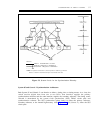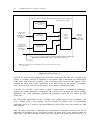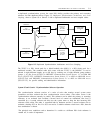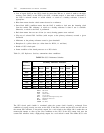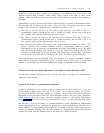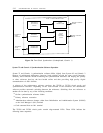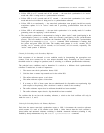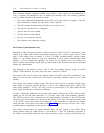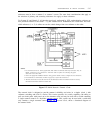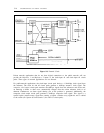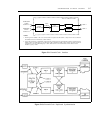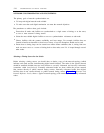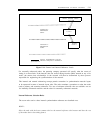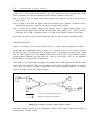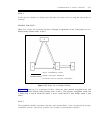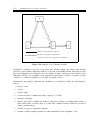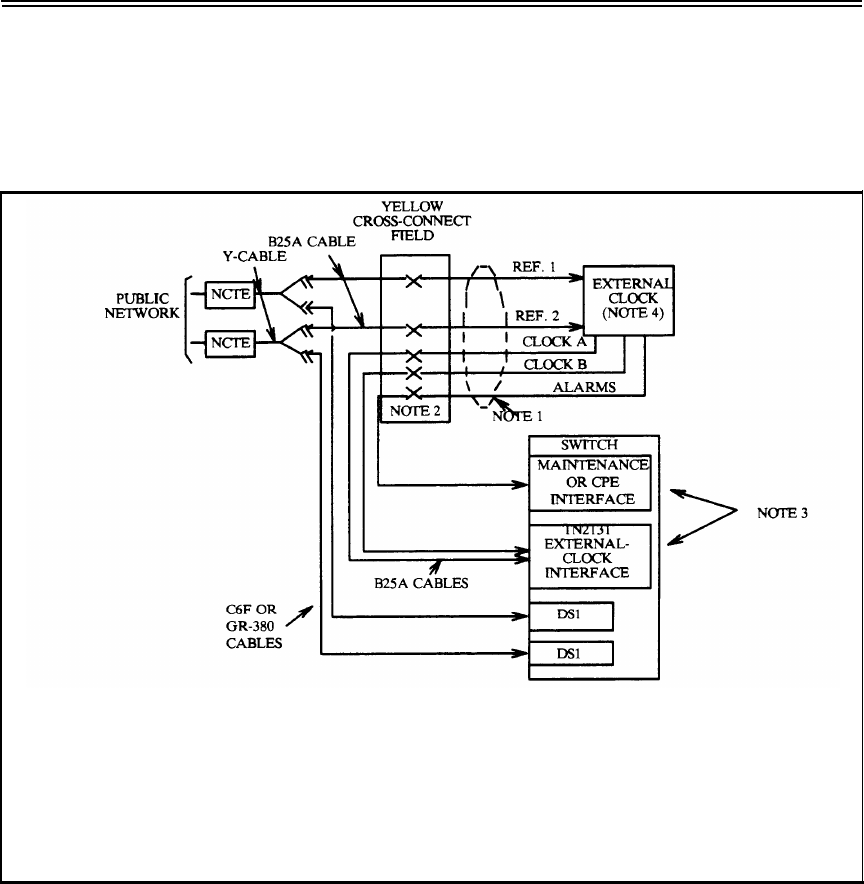
SYNCHRONIZATION OF DIGITAL FACILITIES
5-15
references must be from a stratum 3 or stratum 2 source. The same basic considerations that apply to
the selection of primary and secondary references also apply to these references.
For System 85 and Generic 2, all functions previously performed by SCS synchronization software are
now provided external to the switch — by the external clock. Furthermore, the switch does not know
which reference (1 or 2) is online nor can the switch change from one reference to the other.
NOTES:
1.
The external clock has two 16-inch pigtail cables. Both cables are terminated with 50-pin connectors. They are
labeled "connector #1" and "connector #2." One B25A cable is required for connecting the pigtail
cables to the cross-connect field.
2.
Refer to the appropriate installation manual or wiring guide for details on how to configure the cross-connections.
3.
4.
The maintenance or CPE interface and TN2131 apply only to System 85 and Generic 2.
When the external clock is used, the SCS must not be administered. Those SCS software functions are done by
the hardware and firmware within the external clock.
Figure 5-7. Public-Network External Clock
The external clock is designed to provide stratum-1 reliability and exists in a duplex (clock 1 with
reference switching and clock 2) version. This version provides hot standby capability (the ability to
pull out circuit packs with power on) to the alternate clock and may be used with a switch containing
a single common control or a duplicate common control. This version may be used with a switch that
only contains a single common control. Figure 5-8, External Clock, shows a functional diagram of
the external clock.



